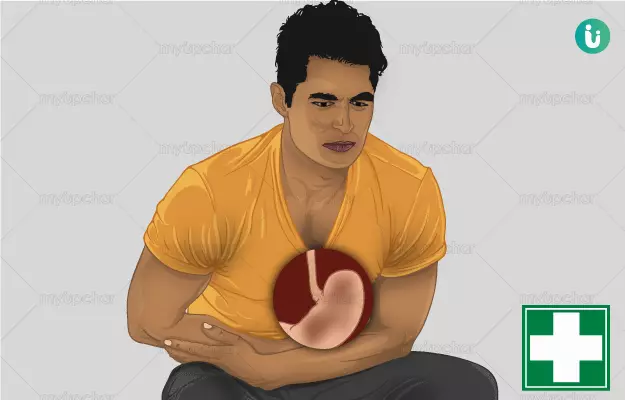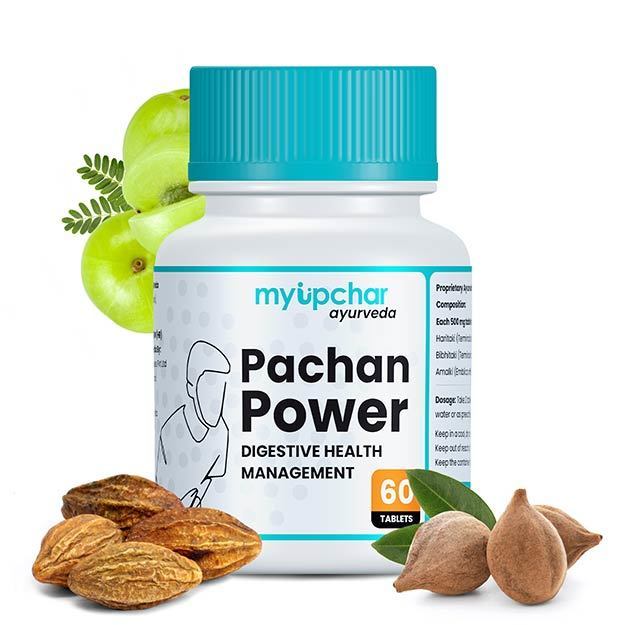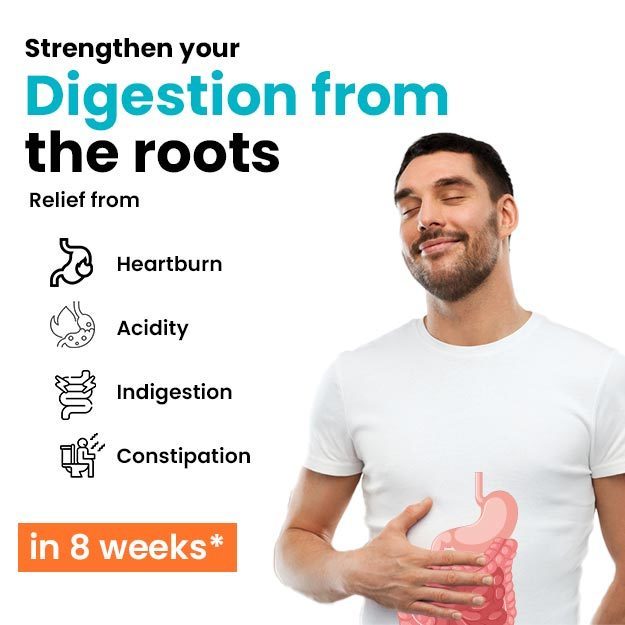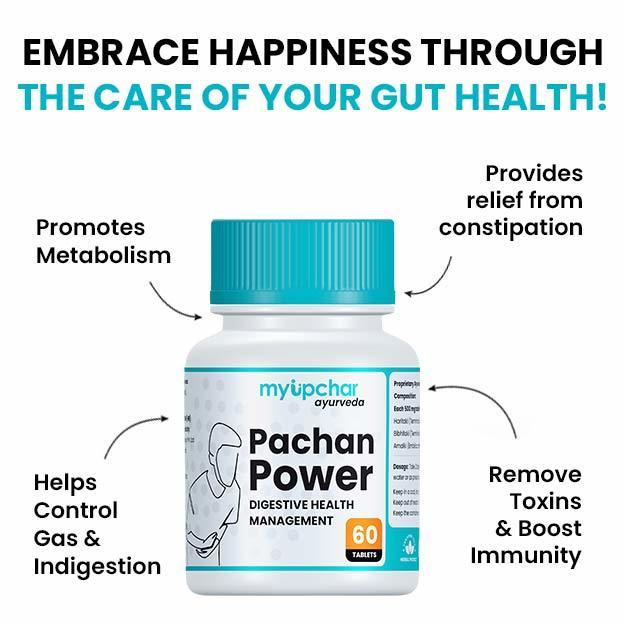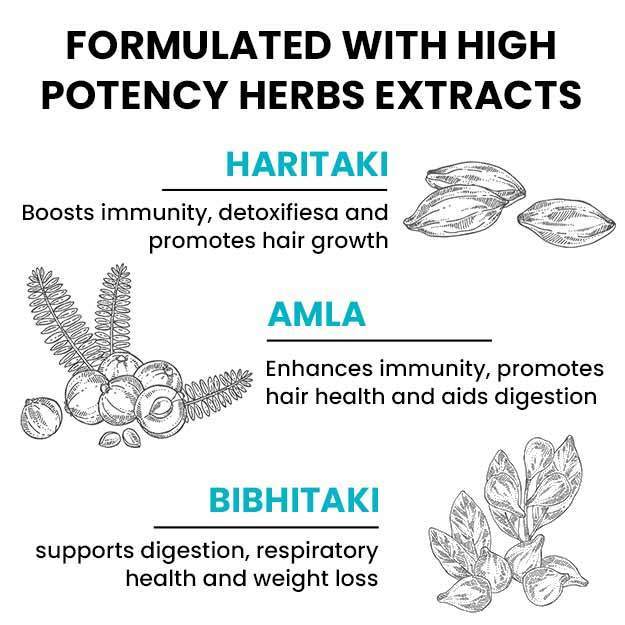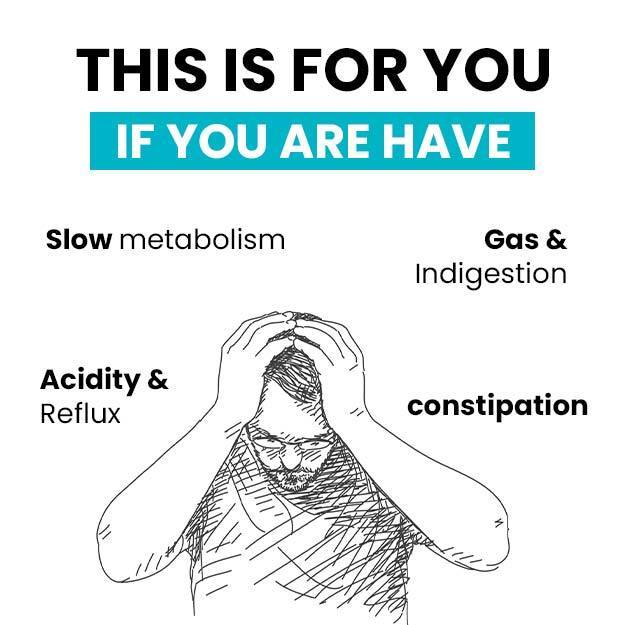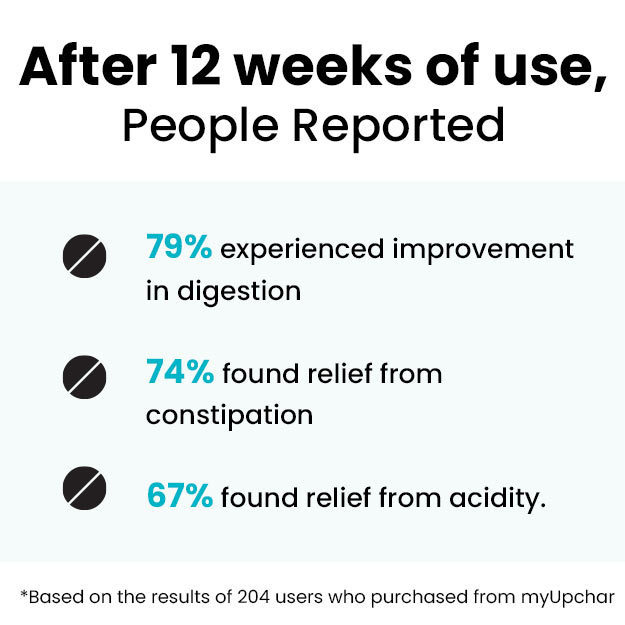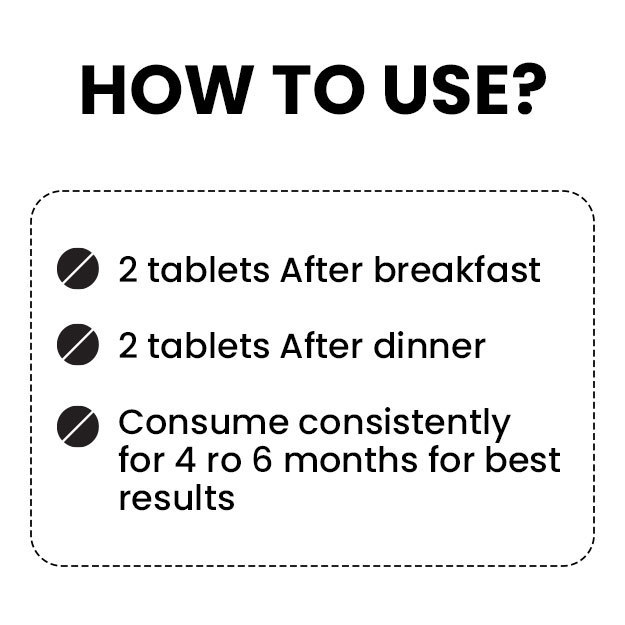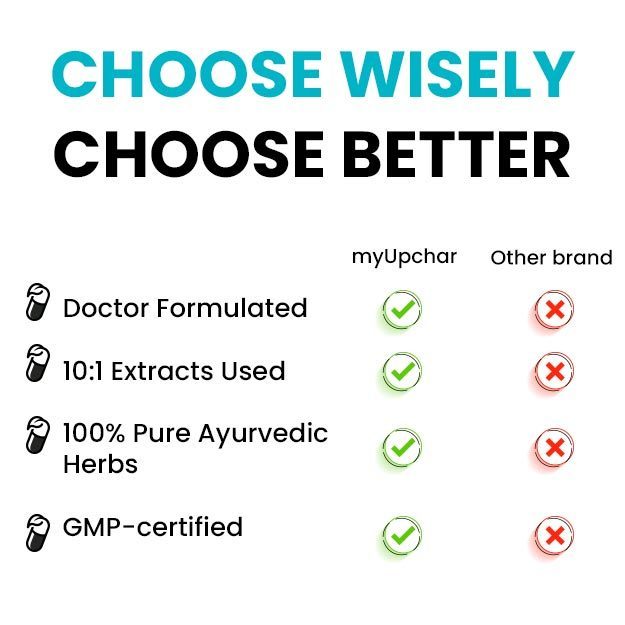Stomach swelling means swelling in the protective layer present inside the stomach. This is a common problem that can have many causes. Stomach swelling can happen suddenly for a short time or it can also last for a long time. This usually causes stomach pain, but many other problems can also occur, such as vomiting or loss of appetite.
The main cause of stomach swelling is infection. However, there are other causes as well, such as autoimmune diseases.Some home remedies for stomach swelling can be helpful, but they do not treat the cause of the swelling problem. Usually, home remedies cure stomach swelling and you do not need to go to the doctor.This article explains what to do if there is swelling in the stomach and when to go to the doctor for it.
(Read more -Are you fat or bloated? - Obesity)
- Natural Ways To Reduce Inflammation In The Stomach
- When To Go To The Doctor In Case Of Stomach Swelling
- Summary
Natural Ways To Reduce Inflammation In The Stomach
The treatment for swelling in the stomach depends on its cause. However, for this you can do the following first aid -
- Eat things that help reduce swelling
- If you think that your stomach has swollen due to some medicine, then do not take that medicine and talk to your doctor and take some other medicine in its place.
- Do not eat hot and fried things in case of swelling in the stomach, these can increase the problem.
- When you have swelling in the stomach, write down in a diary what you ate. This will let you know what food causes swelling.
- Instead of eating a lot of food at once, eat small meals at short intervals.
- If you are allergic to something, do not eat that food when your stomach is swollen. This can increase the swelling.
- Do not take foods that cause swelling, such as gluten, dairy products, sugary foods, chili foods, etc.
- Stomach swelling can also be caused by stress, so try to reduce stress. For this, you can do breathing exercises, meditation, massage or yoga.
- Antacids available at medical stores can also be taken in case of stomach swelling.
- Some studies have shown that eating garlic provides relief in the symptoms of stomach swelling. You can eat raw garlic or eat it with peanut butter.
- Eating too many painkillers like aspirin or ibuprofen can cause stomach swelling and if there is already swelling, it can worsen.
- Eating foods containing probiotics, such as yogurt, etc. can provide relief from stomach swelling.
- Eating foods containing carbohydrates affects a person's digestive system and increases stomach swelling, so stay away from such foods.
- If you smoke, try to quit this habit. Smoking cigarettes damages the inner lining of the stomach and increases swelling. This can also put you at risk of stomach cancer.
- You can also use medicines available at medical stores for stomach swelling. However, before taking any medicine, read the instructions given on its packet and consult your doctor.
(Read more -Stomach Gas)
When To Go To The Doctor In Case Of Stomach Swelling
If you have indigestion and stomach pain along with stomach swelling, you can take some measures on your own. However, go to your doctor if -
- Stomach swelling lasts for more than a week.
- Severe pain in the stomach.
- Vomiting blood.
- You think you have stomach swelling due to some medicine.
- Blood in your stool.
Note: You should get training before giving first aid. If you or someone around you has any type of emergency health problem, then consult a doctor or
(Read more -What to do for indigestion?)
Summary
To reduce bloating, eat a balanced diet that includes fiber-rich fruits, vegetables, and whole grains. Drink enough water and eat small meals frequently. Eat slowly and chew food well to reduce swallowing air. Reduce salt intake and exercise regularly to keep the digestive system active. Eat probiotic-rich foods such as yogurt and buttermilk. Drinking mint or ginger tea may also help. If home remedies do not provide relief, use medications on the advice of a doctor. These measures can reduce bloating and improve digestive health.

